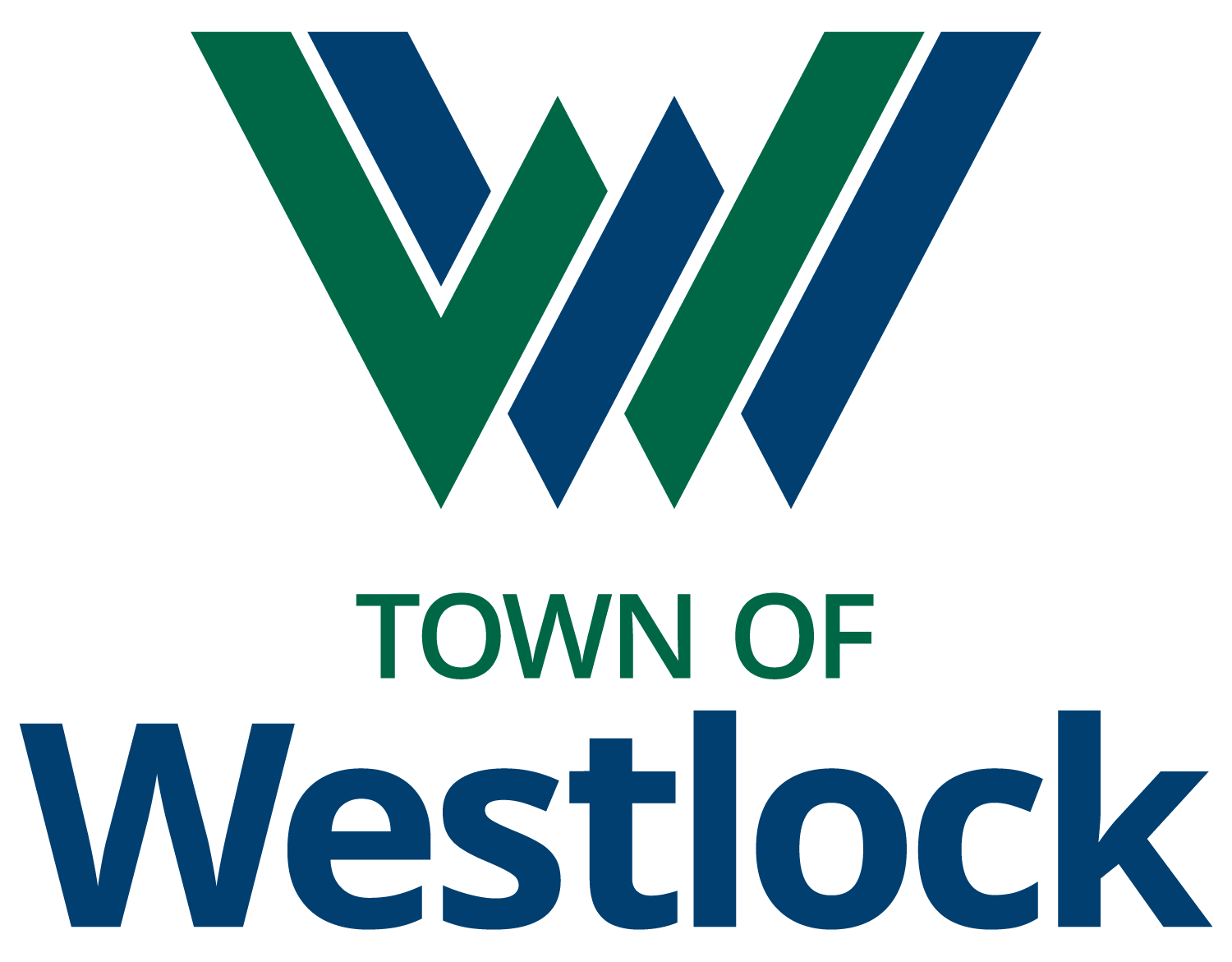Fire Department
Our primary mission is to provide fire protection services and education programs to protect the lives and property of the residents in the municipality of the Town of Westlock from the adverse effects of fires, medical emergencies or exposures to dangerous situations/conditions created by man or nature.
We are able to accomplish our mission through the dedication of our professionally trained volunteer members committed to providing excellent service to our community and to making a difference in the lives of the people we serve.
We take pride in our service delivery and we use our training and skills to assist our residents, business partners and visitors on an average of 160 calls for service per year. Our services have broadened over the years and our ability to respond to a variety of incidents speaks volumes of our desire to serve. We continue to evaluate the needs of the community and seek solutions to improved service.
The valued partnerships that we have established over the years with our mutual aid partners, AHS Emergency Medical Services, and the Royal Canadian Mounted Police combined with the commitment and dedication to excellence in training ensure that our response to assist the residents of Westlock exceeds expectations.
The Town of Westlock Fire & Rescue Department is well-positioned to accept new challenges that may arise and will face them with steadfast determination.
Stuart Koflick, Fire Chief
We Are Recruiting
The Westlock Fire Department is currently accepting applications for the position of volunteer firefighter.
View or download the Recruiting Information Package and Volunteer Firefighting Fact sheet
For further details, please contact Stuart Koflick
at 780-350-2114
Volunteer Firefighter Information Package Volunteer Firefighting Fact Sheet
Resources for Residents and Recruits
Building Owner’s Responsibilities for Fire Safety
The Westlock Fire Department has prepared this pamphlet listing the typical fire safety maintenance requirements as found in the National Fire Code, 2019 Alberta Edition. With some exceptions, these requirements apply to all buildings in the Town of Westlock. For a complete list of requirements see the National Fire Code, 2019 Alberta Edition – also referred to below as NFC(AE).
For additional information, including who is qualified to install
and maintain life safety equipment in Westlock, please contact the
Fire Chief at 780-350-2114.
Download or view: Your Building, Your Responsibility: Fire Safety Matters
View or Download: Superior Propane brochure Propane Emergency Guide
Emergency Management Logistics Canada (EMLC)
View or Download: Emergency Management Logistics Canada (EMLC) brochure
Fire and Life Safety for Home Based Child Care
View or Download: Booklet Fire and Life Safety for Home Based Child Care
View or Download: Fireworks Application Package
View or Download: Pet Fire Safety
Public Education/Event Request Form
View or Download: Public Education/Event Request Form
Residential Fire Pit Application Package
View or Download: Residential Fire Pit Application Package
Contact Us
Town of Westlock
Town Office
10003-106 Street,
Westlock, Alberta T7P 2K3
Ph: 780-349-4444
Toll Free: 1-866-349-4445
Fax: 780-349-4436
Email Us: info@westlock.ca
After Hours/On-Call:
780-349-0178

















